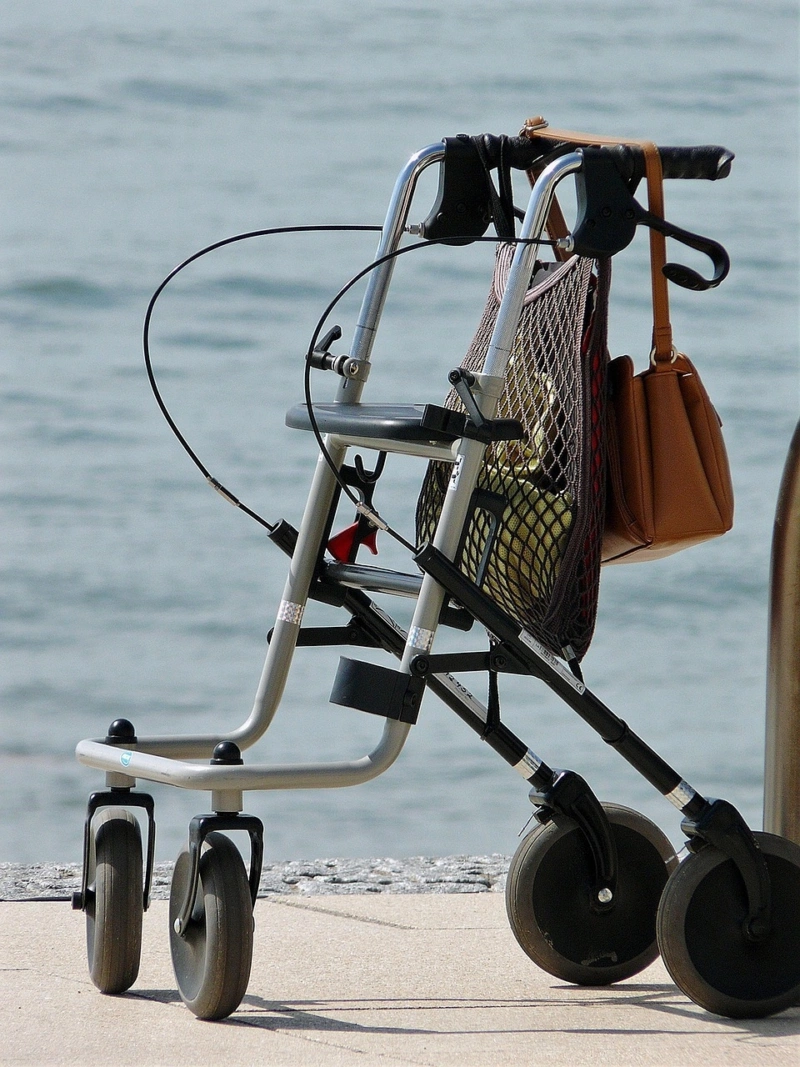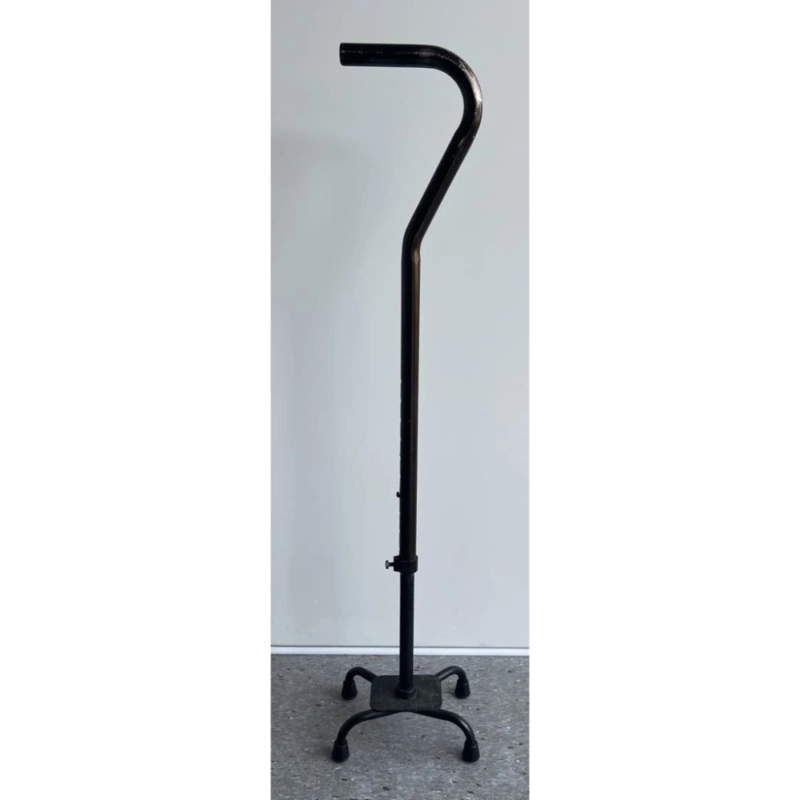Orthotics and functional aids can play a crucial role in supporting mobility, reducing pain, and improving quality of life for people living with the late effects of polio. These tools are not one-size-fits-all — finding the right support begins with a personalised assessment and a clear understanding of your specific needs.
What are orthotics and functional aids?
Orthotics and aids include a wide range of supports and devices, such as:
- Functional orthotics: To support irregular foot biomechanics like drop foot.
- Accommodative orthotics: To relieve pain or discomfort (e.g. braces, splints).
- Mobility aids: Walking sticks, frames, wheelchairs, scooters, and functional footwear.
- Functional aids: Daily living equipment, communication devices, home modifications, and adaptive tools.
Common indicators you may need support
- Changes in balance, gait, or posture
- Frequent tripping, falls, or fatigue
- Joint or muscle pain (e.g. knees, hips, back, neck)
- Uneven shoe wear or foot pain
- Difficulty with everyday tasks requiring strength or mobility
You may also find our cann falls checklist useful — a practical tool to help identify personal and environmental risk factors and plan for safer mobility at home and in the community.
Getting the right assessment
Your health professional will be able to determine the best support. This might include referrals to orthotists, physiotherapists, occupational therapists, or podiatrists — either through public health pathways or private services. The right assessment helps guide appropriate choices and ensures your aids are safe, comfortable, and effective.
Making the most of your aids
- Don’t wait until things get worse — early intervention prevents long-term strain and damage.
- If your current aids aren’t working, ask for a review or adjustment.
- Ensure good fit, comfort, and suitability to your daily needs.
- Pay attention to how you feel using them — safety and ease should always be the goal.
- Being provided with the right support will help to reduce fatigue and improve safety and efficiency of activities.
Functional aids for daily life
A wide range of devices can make everyday tasks easier — from kitchen tools and transfer boards to grabbers, communication tools, and adaptive clothing. These are widely used by people living with all kinds of mobility or dexterity challenges.


Helpful resources
Disclaimer
This resource is provided for general information only. It is not a substitute for professional medical advice, diagnosis, or treatment. Always seek the guidance of your GP, physiotherapist, or another qualified health professional before making changes. cann Charitable Trust accepts no responsibility for any outcomes resulting from use of this material.








